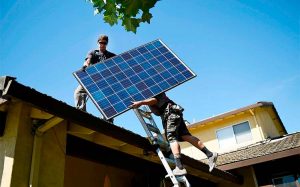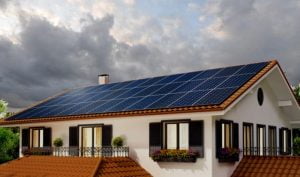Experience
Dr.Saba is an academic professional with 7 years of experience in the fields of "Mechanical Engineering" and "Renewable Energy". She holds the distinction of possessing two fully funded Ph.D.s in the above-mentioned domains with high-ranked publications. In addition to her teaching expertise, she has secured multiple funding as a principal investigator from the Graduate School at Prince of Songkla University, Thailand. Also, she has been an active reviewer for the Journal of Building Engineering since 2021. Beyond research, she has successfully managed the role of "Manager Post Graduate Studies" for outcome-based education for the duration of 2 years. Her expertise includes successfully managing multiple annual and mid-term reviews and audit inspections for a variety of curriculums. She takes pride in ensuring that the curriculum and research activities are in compliance with all regulatory requirements.Education
- PhD in Mechanical Engineering, 2018-2023
- 2017-2021
Reviewed by Saba Arif
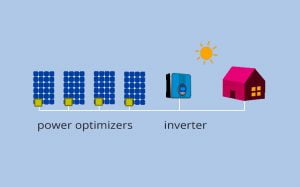
A power optimizer is an electrical device added to a solar system to improve its efficiency. Power optimizers are considered to be Module-Level Power Electronics (MLPE), such as microinverters and optimizers help improve the performance and energy production of your solar PV system design condition and fix the voltage of the, DC energy then send …
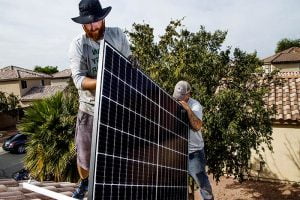
Solar power transforms light from the sun into electricity, which can be used in your home and office, or exported to the grid. It uses of solar panels, inverters, and sometimes solar batteries to achieve this output. How do solar panels generate electricity? When sun rays strike solar panels, the silicon photovoltaic cells in the …
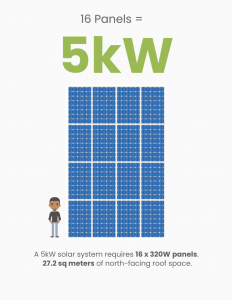
To install a 5kw solar system using the most common 320W solar panel, you will need 16 panels total. 16 panels x 320w = 5120w or 5.1kW. They measure 170cm x 100cm and when set up together in an array they cover 27m2 of roof space. 16 solar panels needed for a 5kW System Roof …
Continue reading “How Many Solar Panels do I Need For a 5kw System”
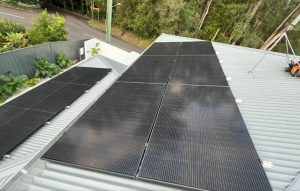
Solar power is becoming increasingly common, which allow us to use the solar energy in our homes and businesses. Solar electricity can be utilized for various purposes, it is highly feasible to use solar energy to charge gadgets, home appliances and now even vehicles. This can be possible by implementing and converting solar light into …
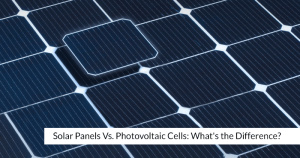
Solar panels and photovoltaic cells are often used interchangeably because most people seem to think they mean the same thing. But do they? Well, technically, no. Solar panels and photovoltaic cells are two distinct parts of your solar photovoltaic system. A photovoltaic cell is a single electronic component containing layers of silicon semiconductors that convert …
Continue reading “Difference Between Solar Panels and Photovoltaic Cells”
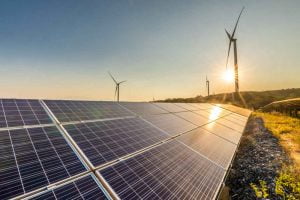
Undoubtedly direct sunlight provides optimal conditions for solar panels to generate electricity. But what if there is no direct sunlight? Can the panels still produce electricity? Solar panels can still work without direct sunlight because they use photons present in natural daylight to produce electricity. However, there will be a drop in their output without …
Continue reading “Do Solar Panels Need Direct Sunlight To Work?”
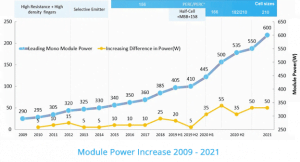
Solar panel efficiency measures how well solar panels convert sunlight to usable electricity. Solar panel’s efficiency is about 22.8% on average, ranging from 13 – 22.8%. In Australia, solar panels have a much higher efficiency of 25.54% due to the high amounts of sunshine. The more efficient a solar panel is, the more power it …

